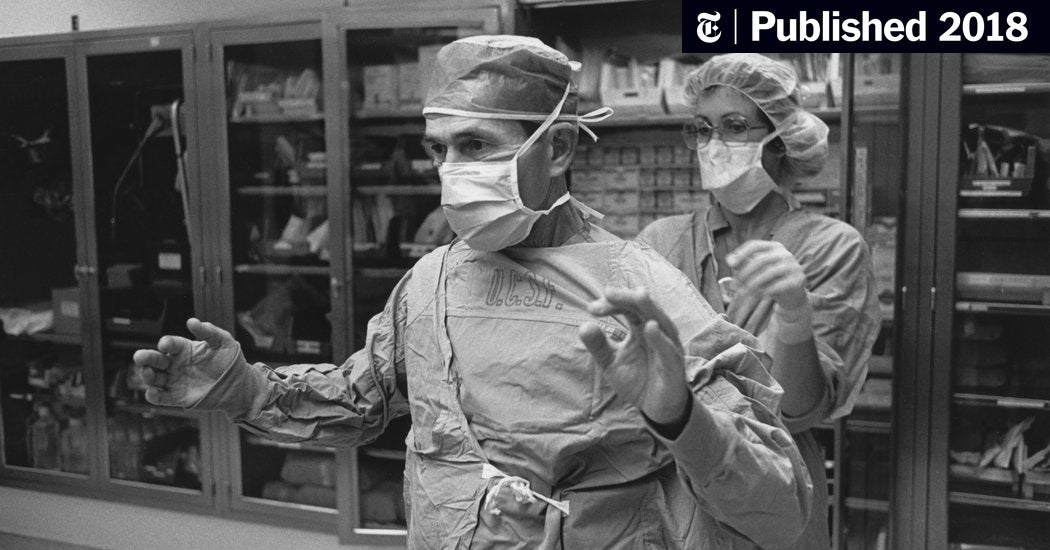I humbly disagree. Spending a few hours in a lab and having poor time management to not be able to study for an exam is not a viable excuse.
It has nothing to do with time managment. When you are given like 2 hours to complete a lab (lab is like 3 hours, but they do a preview, then we have to go look at a prosection at some point during the lab, and then we have a review, so it ends up being like 2 hours maybe 2:15), and the dissection you're doing takes almost the entire time, despite all 4 of you working on it together, then there just isn't a ton of time during the labs to actually go over and review things. We would occasionally get "catch up" days where we just had to finish the previous dissection, and we would use the remaining time to try and go over the stuff we already did.
When literally your entire class has the same issue, it's not a time management issue. And anatomy is not our only class. It is part of our systems blocks, so we have anatomy to prepare for as well as everything else. When we're spending 9 hours a week in the anatomy lab and then also having to study outside of that because of how much time the dissections take, that eats into time I could be learning other things.
And I can count the number of questions I got wrong on the anatomy practicals my entire M1 year on a single hand and was asked to be the class representative on the anatomy committee for the school. So it's not like I'm making an excuse for poor performance. I'm just speaking to the reality of having to do endless dissections during a systems based curriculum when getting to be hands on with a prosection would give you just as much exposure with less wasted time.
Time spent dissecting during MSK also re-exposes you to neuro/lymphatic/vascular/gyn etc anatomy in the posterior/anterior triangle of the neck, UE/LE/pelvis. Plenty of MS3s that I knew were assisting cases, using the bovie, and performing blunt dissection around structures (obviously within appropriate bounds). The more comfortable you are with tissue dissection, skin closure, and cadaveric anatomy the greater the opportunity to engage in the OR.
This also applies to closing skin as I did close fascia 3-4 times and the galea once in my MS3 mandatory rotation. Think about it from the perspective of your attending surgeon when in a surgical case. If they pimp you on relevant anatomy in a live patient and you can't answer, are they going to let you do anything? No. Where do you get the capacity to answer questions correctly... by encountering it in the lab or guessing.
What? Are you trying to say that the only way you could answer a pimp question right on anatomy is if you did the dissections yourself? That's ludicrous. I'm not arguing for zero anatomy lab experience. I'm saying a lot of time is wasted in making students do all the dissection work. Having students come in and get hands on with prosections so that they can touch the bodies and explore the relationships between different structures is much more efficient and just as effective. My class did both over this past year, and our class average went up when we went to that model due to COVID.
If the only way you could answer an anatomy question right is by spending the time to dissect it out in the lab, then your studying is not efficient.
You definitely learn how to be a surgeon in a residency but gross anatomy with cadaveric dissection not only bridges the gap between a premed and future surgeon, it also reaffirms your desire to push forward through this lengthy process. The majority of the preclinical curriculum is structured for non-proceduralists, there needs to be an equitable distribution of material to allow those who are considering a surgical specialty to maintain their motivation. >70% of the material that I learned preclinically will be flushed out of my brain by the time I am an attending. The literature is constantly evolving and most of it will not be pertinent to my career.
If you're (general you) planning on just being a technician, you should have gone to PA school or something. Medicine is a huge part of surgery.
Look, I get that you like the anatomy lab, but you can just say you enjoy it. There are ways for people who really are interested in it to spend more time in the anatomy lab. Be a TA and do dissections for the class, etc. But we don't need to be forcing the whole class to spend double digit hours in the lab when they also need to be learning tons of other stuff that has more relevance and more impact on their grades.

